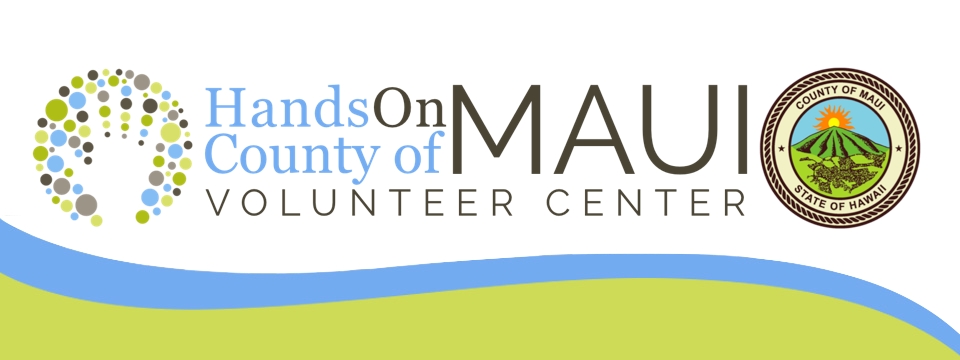
As we usher in a new year, it's the perfect time to consider impact through volunteering. Setting goals not only empowers volunteers but also propels nonprofit agencies forward. Let's talk about the importance of goal-setting in volunteerism, how you as a volunteer managers can assist volunteers, and how agencies can motivate their volunteers through strategic goal-setting.
The Power of Goal-Setting in Volunteerism:
Fulfillment and Purpose
Setting goals in volunteerism transforms the act of giving into a purposeful journey. Volunteers find greater fulfillment when they have clear objectives, knowing that their efforts contribute to a larger vision. Goals provide a roadmap, guiding volunteers toward outcomes they can track the progress of along the way.
Continuous Improvement
Goals act as catalysts for personal and collective growth. Volunteerism becomes a dynamic process of learning and improvement. Whether it's acquiring new skills, expanding the network of people involved, or deepening the understanding of Maui County needs, goals drive volunteers towards continuous development.
How Volunteer Managers Can Facilitate Goal-Setting:
Individualized Goal Setting
Understanding each volunteer's unique skills, interests, and aspirations is key. Volunteer managers should facilitate one-on-one discussions to identify personal goals of every volunteer if possible. Whether it's achieving a certain number of hours, mastering a new skill that will specifically help the organization, or taking on leadership roles, tailoring goals to individual volunteers fosters a sense of ownership.
Regular Check-Ins and Feedback
Establishing a feedback loop is crucial for goal progress. Regular check-ins provide an opportunity for volunteers to share their experiences, challenges, and achievements. Volunteer managers can offer constructive feedback, celebrate milestones, and adjust goals as needed to ensure volunteers stay motivated and engaged.
Motivating Volunteers Through Agency Goals:
Aligning Individual Goals with Organizational Vision
Nonprofit agencies play a pivotal role in motivating volunteers by aligning individual goals with the organization's overarching vision. When volunteers see how their efforts contribute to the larger mission, it creates a sense of purpose and belonging. Clearly communicating organizational goals fosters a shared commitment among volunteers.
Recognition and Rewards
Acknowledging and celebrating achievements, both big and small, is a powerful motivator. Nonprofits should implement recognition programs, highlight volunteer accomplishments on social media, or organize appreciation events. Recognizing volunteers not only boosts morale but also encourages others to strive for their goals.
How Goals Propel Nonprofits and Volunteers Forward:
Measuring Impact
Setting specific, measurable, and achievable goals allows nonprofit agencies to quantify their impact. Whether it's reaching a fundraising target, expanding community outreach, or enhancing program effectiveness, clear goals enable nonprofits to measure success. This helps with reporting to board members, stakeholders or other overarching agencies.
Retention and Engagement
Volunteers who actively work towards their goals are more likely to stay engaged in the long run. Nonprofit agencies that invest in goal-setting create an environment that attracts and retains dedicated volunteers. This, in turn, contributes to the sustainability and growth of the organization.
As we embrace 2024, let's keep in mind purposeful volunteerism. Empower your volunteers by facilitating goal-setting conversations. Motivate volunteers by aligning individual goals with the organization's vision and celebrating their achievements. This will make a lasting impact on Maui County. Mahalo for your commitment to building a stronger and more vibrant community.


